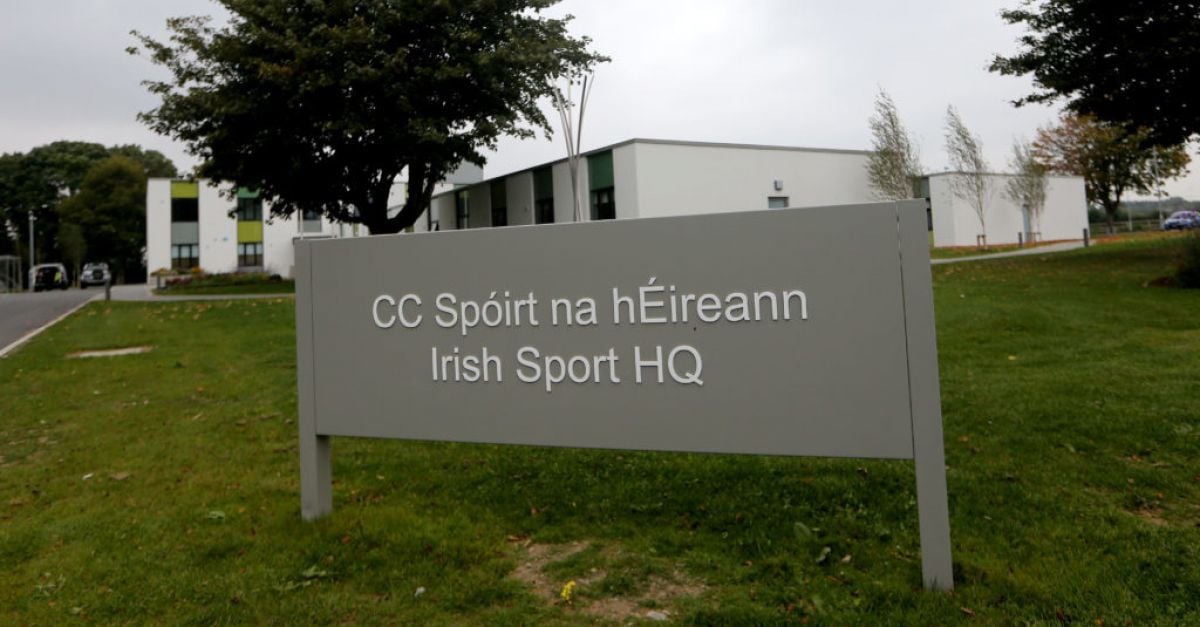Sport Ireland’s Deliberations on Transgender and Non-Binary Participation
Ireland’s governing authority for sport found itself in a challenging position when considering guidance on transgender and non-binary participation in sports. Internal discussions at Sport Ireland revealed that opinions on the matter were deeply divided, with the authority anticipating intense scrutiny regardless of the advice provided.
Risk Assessment and Policy Development
A risk assessment highlighted the need for a comprehensive policy document to assist sporting organizations facing increasing pressure in addressing transgender and non-binary participation. Sport Ireland recognized the potential for criticism and significant reactions from both the sports sector and society at large upon the publication of the guidance.
- Sport Ireland engaged a private company to conduct research and consult with various stakeholders.
- Consultations involved thousands of individuals and international as well as Irish sporting organizations.
- Confidential sections of the records detailing the guidance development were withheld under FOI laws.
Challenges and Considerations
Amidst the polarizing nature of the topic, Sport Ireland acknowledged the lack of consensus in approaching transgender and non-binary participation, posing challenges for all sporting bodies. The organization emphasized the importance of a neutral and respectful guidance that provides inclusive options for sporting organizations.
- The guidance aimed to focus on social, recreational, and community aspects of sports, in addition to competitive games.
- Ethics Unit recommended prioritizing inclusion when developing policies for transgender and non-binary participants.
- Sport Ireland underscored the need for regular review and adaptation of the guidance to reflect the evolving landscape.
Publication and Reception
The advisory document was eventually published in late March without significant controversy. Research indicated that the majority of consulted individuals supported the protection of a female category as assigned at birth. A spokesman for Sport Ireland emphasized the organization’s commitment to promoting physical activity for all, considering the growing scrutiny on trans and non-binary participation.
Various considerations, including stakeholder engagement, media communications, and ongoing interaction with the sports sector, informed the planning and publication of the guidance.
















































